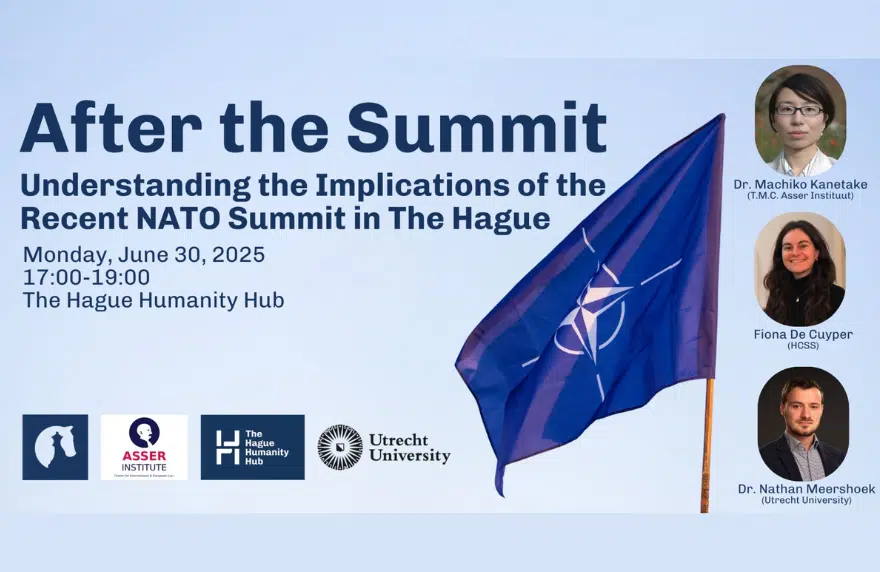On 15 October the Hague Centre for Strategic Studies (HCSS) and the Netherlands Institute for Multiparty Democracy (NIMD) organised an exclusive meeting with Mr. Hekmat Karzai, director of the Kabul based Centre for Conflict and Peace Studies, to discuss the role of the international community in Afghanistan. Dutch Members of Parliament Arend Jan Boekestijn (VVD), Angelien Eijsink (PvdA) and Karien van Gennip (CDA) were present and gave their views about the Dutch involvement in Afghanistan’s Uruzgan province. HCSS Director Rob de Wijk and NIMD Director Roel von Meijenfeldt facilitated the discussion.
The security situation in Afghanistan has been deteriorating over the last couple of months. The major reasons for this, according to Mr. Karzai, above all were to be found in the increase in narcotics trade, the slow rate of development, and the difficult relations with Pakistan. Another important factor was the growing ability of the Taliban to adapt their ways of resistance to the international military presence.
In order to improve security, Mr. Karzai stressed that firm action was above all the responsibility of the Afghan authorities. In his opinion, the international community could and should play a facilitating role in this regard. Contrary to what the perception outside Afghanistan might have been in the Western public debate, Mr. Karzai emphasised that 70-80% of the local population still supported the international community in their efforts to assist Afganistan’s nation-building process.
In Uruzgan, Mr Karzai admitted, the situation remained difficult and stabilising the area would no doubt prove a formidable challenge. Still, the Dutch ISAF participation in the troubled province continued to be a key condition to maintain the credibility of the international community. Mr. Karzai was convinced that there was a window of opportunity for the Dutch to make a significant difference in the coming period. What was needed however was a more thorough understanding of Afghan culture and a more intensive engagement with local actors and institutions.
The panel of parliamentarians appreciated Mr. Karzai’s critical comments, and gave a short response to the speaker. Mr. Boekestijn emphasised that the Netherlands had an immediate national security interest in Afghanistan, since, in a globalised world, the situation in Afghanistan had a direct impact on the security situation in the Netherlands. “We are in Afghanistan for our own security.” Ms. Eijsink underlined the importance of gaining a deeper cultural understanding of Afghanistan if the Dutch mission was to succeed. Finally, Ms. van Gennip highlighted the need to work with the Afghans themselves. The politicians agreed that if the Dutch troops were to fulfil their mandate, support from other NATO countries was essential.
Rob de Wijk concluded the meeting with the notion that the international presence in Afghanistan was of vital importance to the Netherlands’ national security, but for it to be successful, engagement with, and understanding of the Afghan people remained at the ‘centre of gravity’. He emphasised that Afghanistan had implications for not only NATO, but also for any future multilateral engagement in fragile states.
Watch Mr. Karzai’s appearance on the Dutch political televisionprogramme NOVA:
www.novatv.nl/page/detail/uitzendingen/5514


